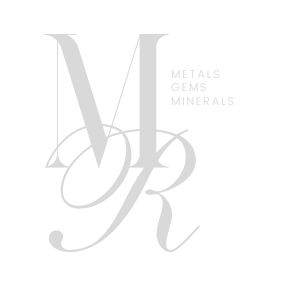Origin Rules
Introduction
We have established internal sourcing
procedures that aim at ensuring that the mining and sale of the precious and non-precious metals, gemstones, and minerals materials we trade have
not directly or indirectly contributed to abuses of human rights, terrorism financing, conflict, irremediable
environmental degradation, and that they fully comply with anti-money laundering standards.
While we remain committed to supporting responsible sourcing from those regions in which specific mining
operations and trade may present risks, we have defined a list of countries of origin from which Moriox does not accept materials. This list is based on considerations in respect of the various jurisdictions’
applicable laws and sanctions (US, EU, SECO, UK, UN, and others relevant to our sector), and on the
requirements of the various voluntary and mandatory standards Moriox complies with, as well as further
internal assessments.


List of countries of origin Moriox does not accept materials from:


Due diligence Procedure
AML stands for Anti-Money Laundering, which refers to a set of policies, procedures, and regulations implemented by financial institutions and other regulated entities to prevent and detect money laundering and other illicit activities such as terrorism financing, fraud, and corruption. The policy typically includes:
All business partners must provide the related procedures of their KYC, AML/CFT, KYP, and ESG factors so that we can verify that they aligned with Moriox's procedure. We will ask for the following documentations.
